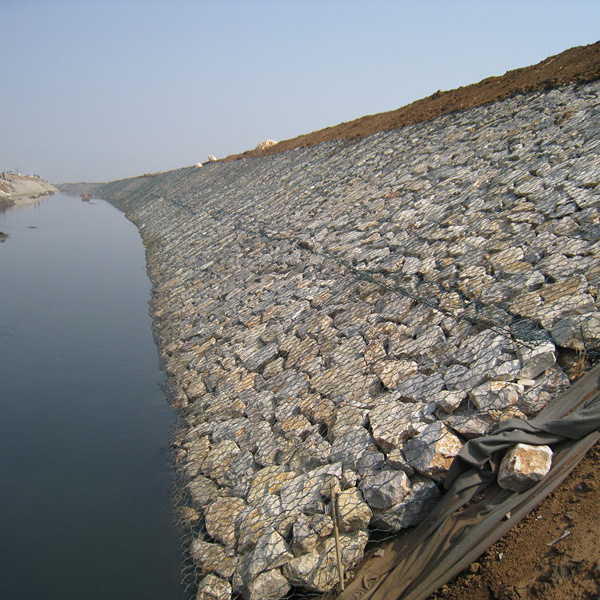Вер . 28, 2024 21:47 Back to list
Estimate for Supplier Costs of Gabion Wall Construction and Materials
Gabion Wall Cost Estimate Factors and Suppliers
Gabion walls, constructed from wire mesh filled with stones or other materials, are gaining popularity for their durability, aesthetic appeal, and environmental benefits. Whether used for landscaping, erosion control, or retaining structures, these walls offer an effective solution for various civil engineering projects. However, understanding the cost implications of gabion walls is crucial for both contractors and homeowners.
Cost Factors for Gabion Walls
1. Material Costs The primary components of gabion walls are the wire mesh and the infill material, typically stones or rocks. The cost of wire mesh depends on the gauge and quality, with heavier gauges providing greater strength but at a higher price. Additionally, the choice of infill material significantly influences the overall cost. Local availability of stones can reduce expenses, while premium options like colored or specially shaped rocks can increase costs.
2. Labor Costs Installation of gabion walls requires skilled labor to ensure that the structure is stable and properly assembled. Labor costs can vary widely based on location, the complexity of the design, and the urgency of the project. Hiring experienced professionals can lead to higher initial costs but may save money in the long run by preventing issues related to improper installation.
3. Site Preparation Before constructing a gabion wall, the site may require clearing, grading, and possibly drainage considerations. These preparatory steps can add substantial costs, especially if heavy machinery is needed. Proper site preparation is essential to the durability and functionality of the wall.
4. Design and Engineering Depending on the wall's intended use, it may need professional design and engineering services. Walls built for significant load-bearing or erosion control often necessitate design specifications that comply with local regulations, leading to increased costs.
gabion wall cost estimate supplier

5. Transport and Delivery The remote location of a project site can significantly impact costs. Transporting materials over long distances can increase expenses, especially for heavy items like rocks.
Finding Suppliers
When looking for gabion wall suppliers, it’s essential to consider both local manufacturers and larger retailers. Local suppliers often provide the benefit of reduced transportation costs and quicker delivery times. Online resources can also help identify suppliers that specialize in gabion materials, allowing for price comparisons.
Additionally, it is advisable to read reviews and ask for references from previous clients to ensure that the supplier has a good reputation for quality products and reliable delivery. Some suppliers offer additional services such as design assistance, which can be a valuable resource for those unfamiliar with gabion construction.
Conclusion
The cost of gabion walls can vary significantly based on various factors including materials, labor, site preparation, and design requirements. By understanding these costs and sourcing reputable suppliers, homeowners and contractors can make informed decisions that ensure a successful installation. Gabion walls not only provide functional benefits but add aesthetic value to landscapes, making them a worthy investment for any project.
-
Why PVC Coated Gabion Mattress Is the Best Solution for Long-Term Erosion Control
NewsMay.23,2025
-
Gabion Wire Mesh: The Reinforced Solution for Modern Construction and Landscape Design
NewsMay.23,2025
-
Gabion Wall: The Flexible, Seismic-Resistant Solution for Modern Landscaping and Construction
NewsMay.23,2025
-
Gabion Wall Solutions: The Durable, Decorative, and Affordable Choice for Every Landscape
NewsMay.23,2025
-
Gabion Basket: The Durable and Flexible Alternative to Traditional Retaining Walls
NewsMay.23,2025
-
Gabion Basket: The Proven Solution for Slope Stability and Flood Control
NewsMay.23,2025
-
Versatility of Chain Link Fence Gabion
NewsMay.13,2025






